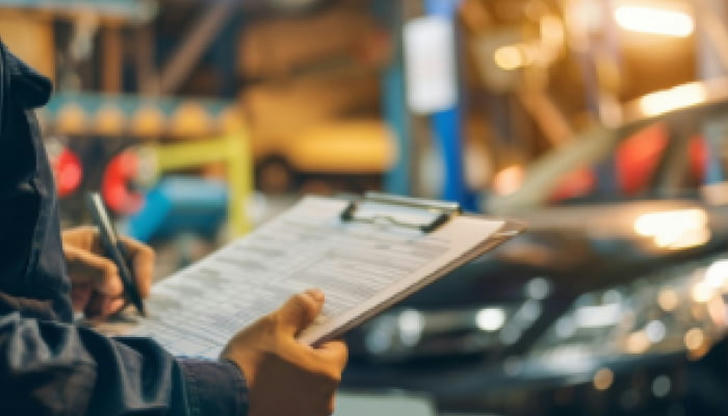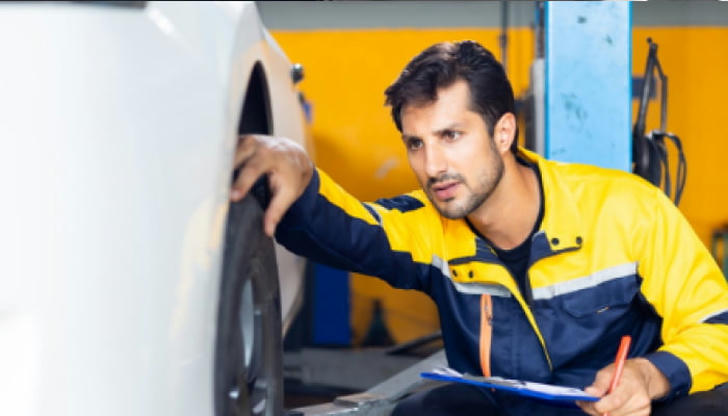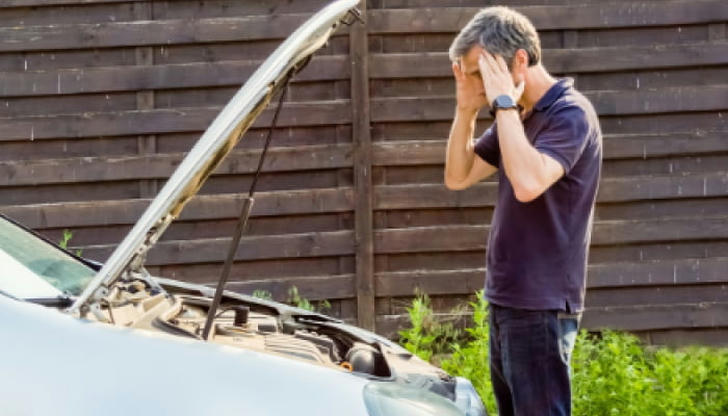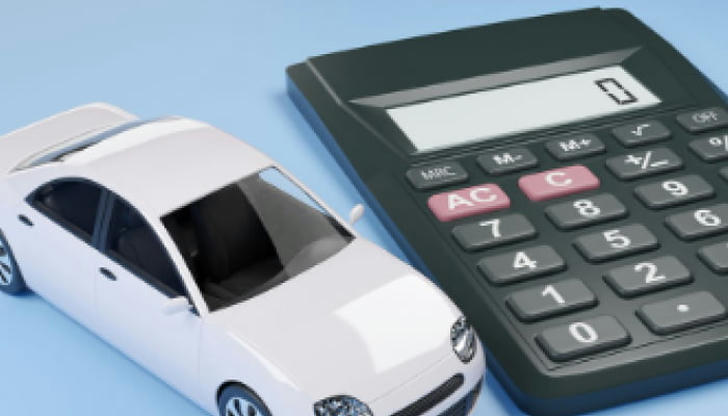Everything You Need to Know About Auto Repair Insurance

Auto repair insurance is an essential safeguard for vehicle owners, ensuring that unexpected repair costs are manageable and affordable. As more people rely on their vehicles for daily transportation, protecting this investment becomes increasingly important. Auto repair insurance can provide peace of mind by covering the costs of breakdowns and repairs that might otherwise be financially burdensome. In this article, we will cover everything you need to know about auto repair insurance—what it is, how it works, and why you should consider it.
What is Auto Repair Insurance?

Auto repair insurance is a type of coverage designed to protect car owners from the high costs associated with vehicle breakdowns or mechanical failures. Unlike standard auto insurance, which covers damages from accidents, theft, or natural disasters, auto repair insurance specifically covers the cost of repairing or replacing faulty parts after they break down.
This type of insurance is often confused with an extended car warranty, but there are key differences. While extended warranties typically come from manufacturers or dealerships and focus on specific parts, auto repair insurance is broader and often provided by third-party companies. It covers a wider range of issues and offers additional flexibility in choosing repair shops.
Why You Might Need Auto Repair Insurance?

Vehicle repairs are inevitable, and as cars age, the likelihood of breakdowns increases. Auto repair insurance helps to mitigate the financial stress that comes with unexpected repairs. Here are some reasons why having auto repair insurance can be beneficial:
Unexpected Costs: A major repair, such as engine or transmission issues, can cost thousands of dollars. Auto repair insurance covers these significant expenses, preventing an unexpected financial burden.
Regular Maintenance: Auto repair insurance can cover not only major repairs but also minor fixes and part replacements, which may help ensure your car remains in optimal condition.
Peace of Mind: Knowing that you are covered for unexpected mechanical failures brings peace of mind. This is particularly valuable for people who rely on their vehicles daily, such as commuters or those in remote areas.
Older Cars: The older a car gets, the more likely it is to break down. Auto repair insurance can be especially useful for older vehicles that are no longer covered by manufacturer warranties.
How Auto Repair Insurance Works
Auto repair insurance works much like other insurance policies. You pay a premium to the insurance provider, and in return, they cover the cost of specific repairs when needed. The key elements of an auto repair insurance policy are:
- Premiums: The amount you pay monthly or annually for your coverage.
- Deductibles: The portion of the repair costs that you must pay out of pocket before the insurance covers the rest. Typically, lower deductibles result in higher premiums.
- Coverage Limits: Each policy will have coverage limits, which may be determined by a dollar amount or the types of repairs covered.
- Authorized Repair Shops: Most policies specify whether you can choose any repair shop or if you need to use authorized mechanics.
Once you experience a breakdown, you would take your car to an approved mechanic or repair shop. The mechanic will diagnose the problem and file a claim with your insurance provider. Depending on the policy, the insurance company will either pay the shop directly or reimburse you for the costs after you've paid for the repairs.
Types of Auto Repair Insurance
Auto repair insurance policies vary in terms of what they cover. It's essential to understand what is included in your policy to ensure it meets your needs. Here are some of the common types of coverage offered:
Powertrain Coverage: This covers the vehicle's engine, transmission, and drive systems, which are some of the most expensive components to repair or replace.
Comprehensive Coverage: This broader coverage includes mechanical failures beyond just the powertrain, such as electrical systems, cooling systems, and other essential parts.
Bumper-to-Bumper Coverage: Often considered the most comprehensive, this covers almost all parts of the vehicle except for wear-and-tear items like tires, brakes, and oil changes.
Roadside Assistance: Some auto repair insurance policies offer add-ons such as towing, rental cars, and roadside assistance, which can be beneficial during emergencies.
Factors to Consider Before Purchasing Auto Repair Insurance
Before committing to an auto repair insurance policy, consider the following factors:
Age and Mileage of Your Vehicle: Auto repair insurance may be more cost-effective for older vehicles or those with higher mileage, as these cars are more likely to require repairs.
Manufacturer Warranty: If your car is still covered under the manufacturer's warranty, you might not need auto repair insurance just yet. However, if the warranty is about to expire, this insurance can be a good backup.
Coverage Details: Carefully read the policy's fine print to understand what is and isn't covered. Some policies might exclude certain parts or limit the number of claims you can make.
Cost vs. Benefit: Weigh the cost of the premiums and deductibles against the likelihood of needing repairs. For some, the peace of mind alone may be worth the investment, while others may find it more cost-effective to pay for repairs out of pocket.
Provider Reputation: Research the insurance provider's reputation, including customer reviews and claim processing times. You want to ensure you're working with a reliable company that won't complicate the claims process.
Pros and Cons of Auto Repair Insurance

Pros:
- Covers Expensive Repairs: Auto repair insurance can cover costly mechanical failures that would otherwise be difficult to pay for.
- Customizable Coverage: You can choose a policy that fits your specific needs and budget, from basic powertrain coverage to comprehensive plans.
- Reduces Financial Stress: Instead of worrying about potential breakdowns, you can focus on enjoying your vehicle, knowing that you're protected.
Cons:
- Monthly Costs: Premiums can add up over time, especially if you don't end up needing significant repairs.
- Exclusions: Some policies have limitations on what is covered, which could leave you with out-of-pocket expenses for certain repairs.
- Claim Process: Depending on the provider, the claim process may be time-consuming or involve some paperwork before repairs can begin.
Conclusion
Auto repair insurance is a smart investment for vehicle owners who want to protect themselves from the financial impact of unexpected breakdowns and repairs. While it's not necessary for everyone, it can offer peace of mind and save you from expensive repair bills. Before purchasing a policy, it's essential to weigh the cost, coverage options, and your vehicle's needs to make the best decision.
As with any insurance, research is key. Take the time to compare different providers and policies to find the one that offers the best coverage for your specific situation. With the right auto repair insurance, you can ensure your car stays on the road without breaking the bank.
